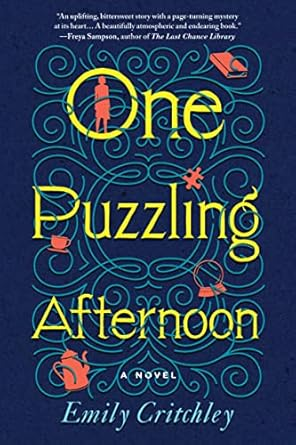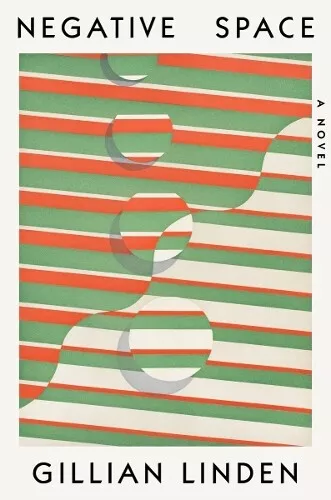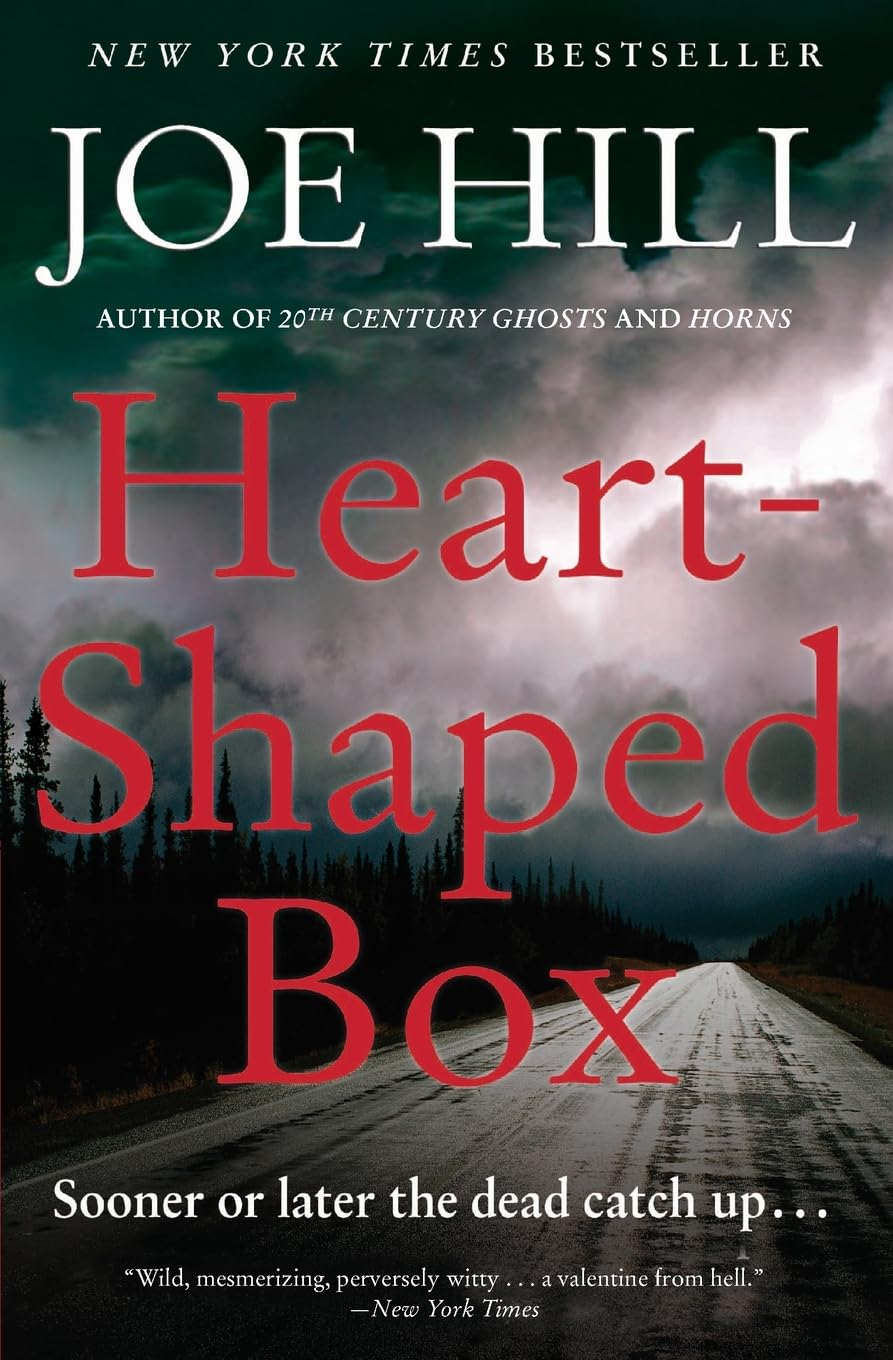This book was so good, I read it twice. And I don't mean, I read it years ago and wanted to read it again. No, I read it (or rather, listened to it) about a week ago, finished it feeling I hadn't retained much, and then immediately re-read it.
On the first go, I was constantly confused about what was going on and who the various characters were. I couldn't even really say what the basic plot was. This probably isn't making my case that this is a good book, and I wasn't feeling that way either. But despite this, I realized I was never bored while listening, and I liked a lot of the ideas I heard, it was just so dense with information that anytime I tried to multitask, I'd miss something (one of the pitfalls of listening to my books instead of reading them).
So I checked some blogs online, brushed up on the basic plot and characters, and tried again. This time, I focused on really paying attention, cut out the multitasking, and it paid off.
Blindsight is a hard science fiction book, written in 2006 by Peter Watts. It's full of interesting concepts like, well, blindsight, first of all, which is the ability to perform a task without consciousness. An example given in the book occurs when a person is temporarily blinded, yet is able to react to visual stimulus. This article, from the BBC, explains the concept much better:
"Just how many of our decisions occur out of our awareness, even when we have the illusion of control? And if the conscious mind is not needed to direct our actions, then what is its purpose? Why did we evolve this vivid internal life, if we are almost 'zombies' acting without awareness?"
This quote could have been pulled directly from Watts' book. In fact, he also brings up the concept of zombies in a similar context. Watts explores consciousness as an abnormal, evolutionary quirk. Perhaps, humans are flukes of nature, slowed by our sense of self. Could there be intelligent life that isn't self-aware? What benefit to survival does consciousness actually provide?
Watts also includes concepts of AI, the observer effect, von Neumann machines, Turing machines, game theory, and even vapirism.
All is presented in the context of a society that is a few years away from achieving a single consciousness. The need for bodies is fast in decline - people can upload themselves to "heaven" while their bodies lay in storage, sex in the first person is considered old-fashioned, body modifications include brain treatments and tweaks, and alterations abound that basically turn people into biomachines.
Our narrator, Siri Keeton, underwent a hemispherectomy as a child to treat epileptic seizures. The debilitating surgery took most of his ability to have emotions, but enabled him to become a synthesist - someone who takes vasts amounts of complex information and relays it to others in a coherent way.
In 2082, the fireflies came. The world was awash in light due to alien probes that surrounded Earth and took a picture of its entire surface. Earth responded by sending Siri and four others (not including their backups, who would remain in stasis unless needed), to follow a signal believed to be coming from a comet. Blindsight begins with the crew waking up five years into their journey, having gone off course, and severely overslept.
Their ship is Theseus, which is described anthropomorphically and run by an AI captain. It has some kind of user interface that all the crew can interact with called ConSensus that allows them to upload and share information and communicate remotely. Theseus's AI communicates exclusively with Jukka Sarasti, a vampire who has been resurrected from the Pleistocene era, to command the crew. There is also Isaac Szpindel, the biologist and physician, who can hear X-rays and see in shades of ultrasound. Then there is Amanda Bates, whose military background provides expertise relevant to the ship's and crew's physical security. Finally, we have the "gang of four." This is a person who had multiple personalities induced - the primary personality being Susan James, a linguist. Also inhabiting the same body is Michelle (another synthesist), Sascha (I'm not sure of her specific role), and Cruncher, a male who mostly stays in the background, well, crunching data.
The crew can all be considered altered in various ways, so much so, a normal person wouldn't be able to comprehend interactions between them, which might occur in various languages and even without known language, which would seem nonsensical to a layperson. "No real scientist would allow their thoughts to be hamstrung by conceptual limitations of a single language...It's just that once you get past a certain point, formal speech is too damn slow!" So it is Siri's job to observe and understand everyone's intentions and relay this information back to mission command.
Theseus travels to Big Ben, a quantum particle as heavy as 10 jupiters. There they encounter Rorshach, a sort of civilization? Factory? Well, they're not so sure, so they attempt to make contact. Unfortunately for them, Rorshach is rife with radiation that means any forays into its environs result in radiation sickness, which can include physical symptoms such as blindness, tumors, and eventually, death, but also psychological symptoms reminiscent of hauntings, loss of self, and possession. Each trip to Rorshach requires the crew to spend time in the ship's medical bay, healing from the effects of their trip. And then they do it all over again.
If you're still with me in this review, it means you're finding these concepts as fascinating as I did. I'd recommend this book to you with one caveat - it's dense and requires your full attention. Save yourself the second read-through and pay attention the first time around. You'll be better for it.
And for some extra fun, check out Watts' website. He has extra content relevant to the book as well as some of his novels available in their entirety. I checked out Blindsight and found there were notes and references that provided fun information like a primer on vampires and the physiology of the aliens encountered. I'm kinda annoyed that wasn't a part of my audiobook. I also found some great art made for various versions of the book, and learned there is a sequel to Blindsight, called Echopraxia, so it was definitely worth a look.

























